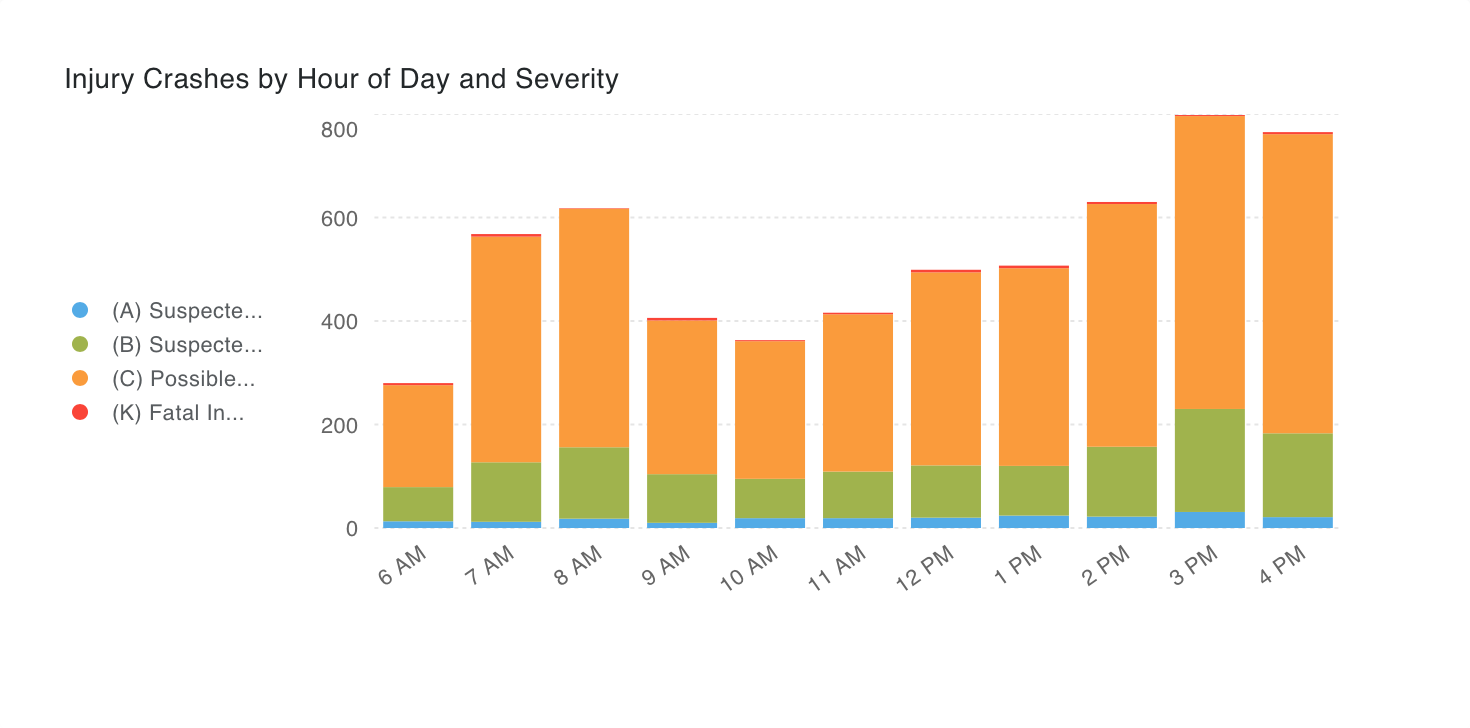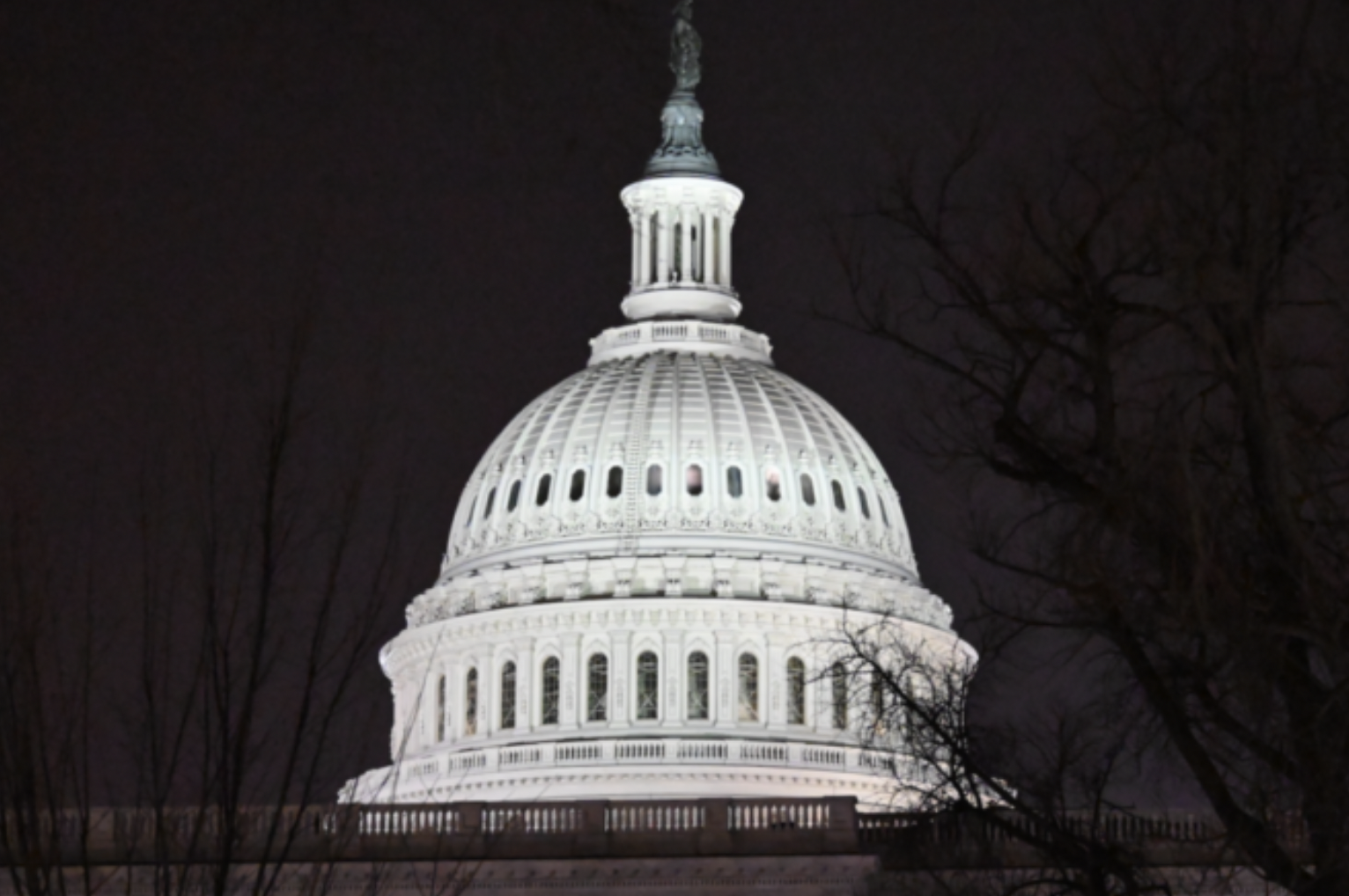The heated debate over school zone speed cameras has reached a boiling point at the Gold Dome, highlighted by an unusual 6 a.m. hearing last week before the Senate Public Safety subcommittee of First Responders and intensifying into fervent behind-the-scenes discussions.
While gutting the program entirely seems unlikely, It appears as if at the heart of this debate is determining what hours these cameras can operate. Opponents argue for limiting their use to just drop-off and pick-up times, while supporters’ reference GDOT data that shows the highest incidence of accidents occurs during midday hours.
There is also a growing recognition at the Capitol that a significant portion of the complaints directed toward local officials and state lawmakers originates from a single area—Macon-Bibb County—administered by the speed zone camera company Altumint.
Data from GDOT reviewed by Dome Politics reveals that school zone accidents significantly increase at the start of the school day and then spike again from noon to 4 p.m. GDOT data shows nearly a million school zone accidents occur annually during this four-hour window.

Leading the opposition is Representative Dale Washburn (R-141) from the Macon area, who has voiced concerns stemming from numerous complaints—including one from his own wife who was ticketed for speeding in an automobile registered to her even though her husband, Rep. Dale Washburn admitted that he was actually the one driving her car.
Macon does appear to have a unique challenge on its hands. Mayor Lester Miller announced last Monday that he would investigate limiting the hours during which tickets are issued and aims to let local residents vote on the future of the cameras.
Conversely, experiences in other areas of the state have been more positive. The cities of Decatur, Valdosta, and Lawrenceville all testified at the subcommittee hearing early Tuesday in opposition to ending the program. Similarly, Valdosta City Councilman and educator Andy Gibbs wrote an op-ed for Dome Politics praising the safety initiative and highlighting the collective desire of local parents, law enforcement, and elected officials to implement effective solutions in their communities.
“The program works,” Gibbs asserted. “Speeds dropped almost immediately, and our students, parents, and educators felt the effects. GDOT data from across the state shows that these traffic cameras, along with the deterrent of potential fines, have cut speeding by approximately 90%, and I believe our results reflect that.”
Despite this success, opponents are intent on abolishing the program in all localities that have installed cameras outside their schools. They contend that the cameras serve primarily as a revenue stream and remain unconvinced by the safety statistics presented.
“I have come to believe this is abusive,” Washburn told WMGT-TV this week. “These cameras should be banned outright—not simply altered or changed but eliminated completely.”
While the data from GDOT and local sources is indeed persuasive, indicating reduction in school zone accidents where these cameras have been deployed, a year-over-year comparison illustrates a drop in overall accidents, injuries, and serious injuries statewide following the legalization of the camera program in 2019. This decline has persisted without reverting to pre-camera levels.
“If there’s a problem in Macon, they need to address that specific issue rather than imposing blanket solutions on communities across Georgia,” Rose-Toomer emphasized. “Resolving a localized problem makes much more sense than exacerbating speeding conditions statewide and putting our children at risk, akin to a real-life version of the arcade game Frogger.”













